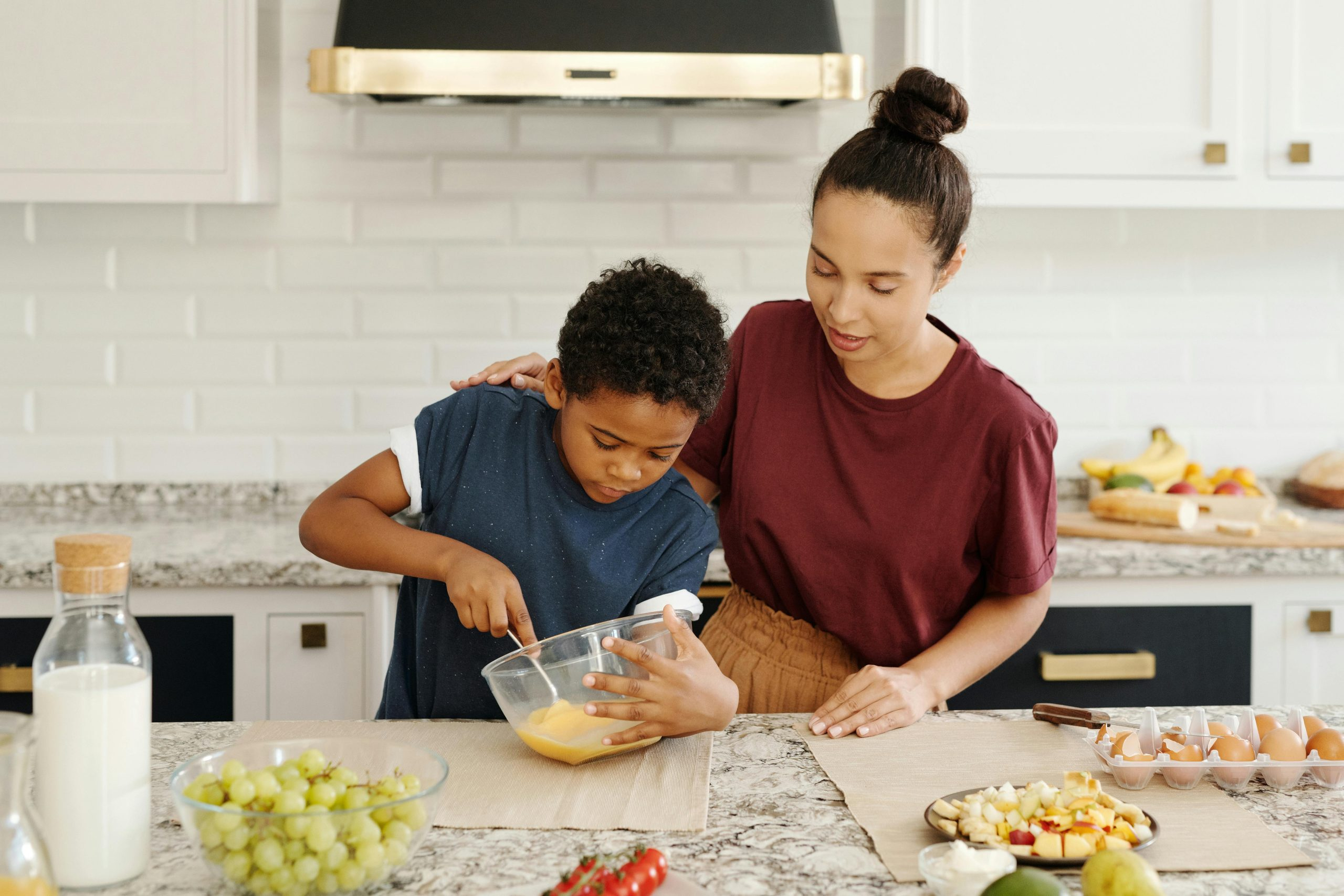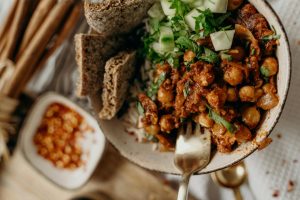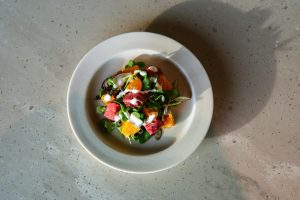Beyond the Recipe: Learning to Cook with Instinct and Taste
Cooking is often thought of as a precise science, with recipes dictating exact measurements and techniques to ensure a successful dish. However, for many professional chefs and experienced home cooks, recipes are merely a starting point. They rely on their instincts and sense of taste to guide them in creating delectable meals that go beyond the confines of a written recipe. In this article, we will explore the concept of cooking with instinct and taste, and how you can develop these skills to elevate your cooking to the next level. So, put away your measuring cups and spoons, and get ready to cook with your senses!
The Importance of Instinct and Taste in Cooking
While following a recipe can result in a delicious meal, it can also limit creativity and prevent you from truly understanding the flavors and techniques behind a dish. When you cook with instinct and taste, you are able to adapt and make changes based on your personal preferences, the ingredients you have on hand, and the results you are looking to achieve. This gives you a deeper understanding of cooking and allows you to experiment and create unique dishes.
Developing Your Instincts in the Kitchen
Cooking with instinct requires a certain level of confidence and knowledge in the kitchen. To develop your instincts, start by familiarizing yourself with basic cooking techniques and flavor profiles. This will give you a solid foundation to build upon and will help you understand how ingredients and cooking methods work together.
Next, start experimenting with different ingredients and recipes, but don’t be afraid to deviate from the instructions. Use your senses to determine when a dish needs more salt, a touch of acid, or a different spice. As you continue to cook with instinct, you will become more comfortable and confident in trusting your own taste and judgment.
The Role of Taste in Cooking
Taste is a vital component in cooking with instinct. As you cook, make sure to taste your food throughout the process. This will help you understand how the flavors develop and evolve, and allow you to make adjustments as needed. It’s also important to train your palate by tasting a variety of foods, both familiar and unfamiliar. This will help you expand your flavor profile and give you the ability to identify different flavors in a dish.
Cooking Beyond the Recipe
So, now that you understand the importance of instinct and taste in cooking, how do you put it all together? Here are some tips to help you cook beyond the recipe:
Use Recipes as Guidelines
Recipes are meant to be a guide, not a strict set of rules. Use them as a starting point and feel free to make adjustments based on your instincts and taste. Don’t have an exact ingredient? Substitute with something else or omit it altogether. Have a spice you love? Add a little extra. Part of cooking with instinct is being flexible and adaptable.
Trust Your Senses
When cooking with instinct, your senses are your best tools. Use your eyes to determine the color and texture of a dish, your nose to detect aromas, and your taste buds to assess the flavor. If something doesn’t look or smell right, trust your gut and make adjustments accordingly.
Be Creative and Experiment
Cooking with instinct is all about being creative and trying new things. Don’t be afraid to mix and match ingredients from different recipes or come up with your own unique flavor combinations. The more you experiment, the more you will learn and the better you will become at cooking with instinct and taste.
In Conclusion
Beyond the recipe lies a world of endless possibilities in the kitchen. By learning to cook with instinct and taste, you can elevate your cooking and create dishes that are truly unique to your personal style and preferences. So, next time you step into the kitchen, trust your instincts and let your taste buds guide you to delicious and satisfying meals. Happy cooking!










